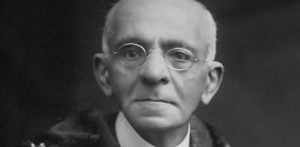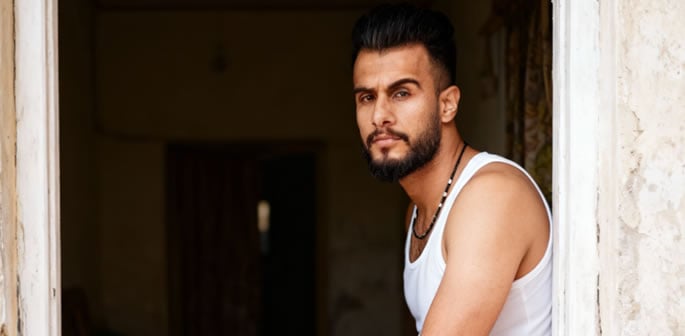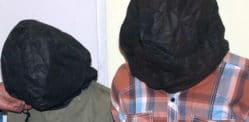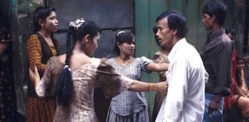This path is often paved with a history of profound trauma.
Male prostitution in Larkana City, Pakistan, is an unrevealed truth operating within the shadows of a traditional society, a world brought starkly into the light by a revealing academic study.
This research, Male Prostitution in Larkana City: An Unrevealed Truth, pierces through the silence, offering an unprecedented look into the lives of the men involved in this trade.
Conducted by Muhammad Abdullah Avais and his colleagues from the University of Sindh, the paper moves beyond speculation to present a data-driven portrait of this hidden subculture.
It uncovers the complex web of socio-economic pressures, personal histories, and daily realities that define the lives of male sex workers in the region, offering a compelling glimpse into a world that is seldom acknowledged.
We delve deeper into the study, exploring the daily realities and systemic issues that define the lives of male sex workers in this part of Pakistan.
Who Are the Men Behind This?
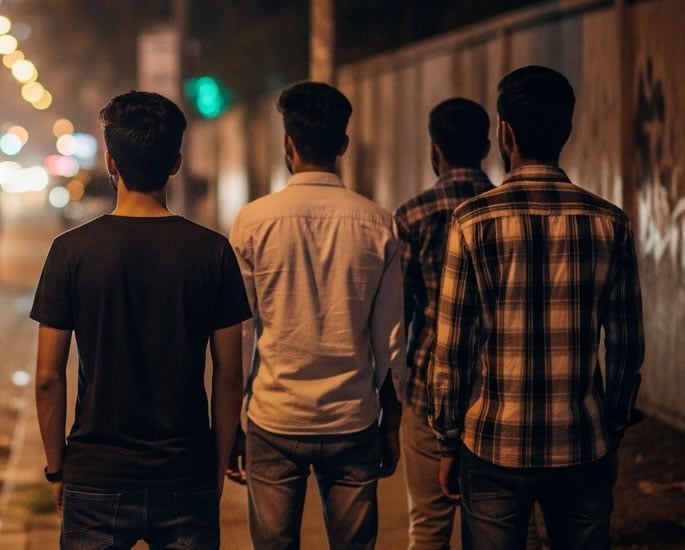
The study paints a clear demographic picture of the 37 men interviewed, dismantling any preconceived notions of who is involved in this profession.
The majority are young, with 51% aged between 19 and 21, and another 24% falling into the 15 to 18 age bracket. This youthfulness is coupled with a profound lack of opportunity, underscored by their educational background.
A staggering 78% of the men are uneducated, while the remaining 22% have only a primary school education.
This educational deficit severely limits their prospects for conventional employment, pushing them towards the fringes of the economy.
Their personal lives are equally complex.
While it might be assumed that these men are single, the research shows that 54% are unmarried, 35% are married, and 11% are divorced or separated.
The presence of married men highlights the immense economic pressure that drives individuals to lead double lives, often concealing their profession from their families.
One case study tells of a married man with two children whose family cut off all contact after it was discovered that he was a sex worker.
The men are not all native to Larkana either.
The study reveals that 30% come from the nearby district of Jacobabad, with others hailing from Karachi, Sukkur, and Ghotki, suggesting that Larkana acts as a hub for a migrant population seeking economic survival.
Poverty & Abuse
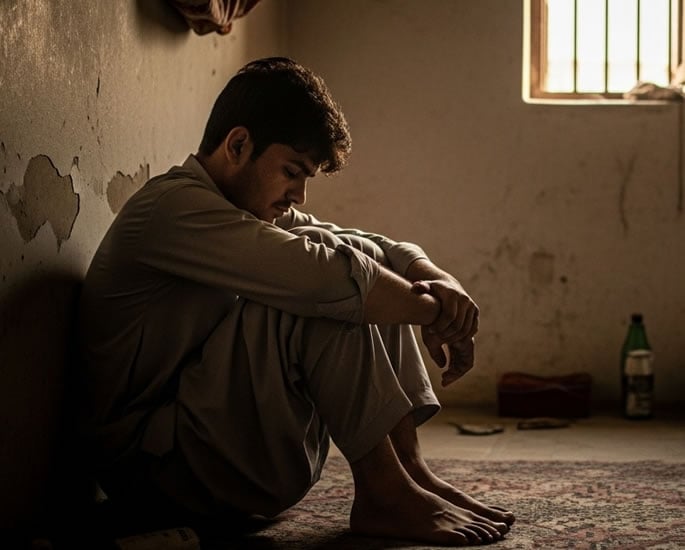
The journey into sex work is rarely a deliberate choice but rather a final resort born from desperation.
According to the research, economic necessity was the universal driver, with 100% of respondents stating that prostitution was their main source of income.
This was not for a lack of trying to find other work; 95% had actively sought alternative employment before entering the trade.
The financial reality is stark: an unskilled labourer in the region might earn between 250 and 350 Pakistani rupees for a full day’s work, while a male prostitute can earn between 150 and 250 rupees for a single client.
This path is often paved with a history of profound trauma.
The research uncovered alarmingly high rates of childhood abuse among the respondents: 89% had been physically abused, 84% had been sexually abused, and 78% had been psychologically abused.
This backdrop of abuse creates a cycle of vulnerability, normalising exploitation and eroding self-worth long before they enter prostitution.
One harrowing case study illustrates the tipping point from exploitation to enterprise:
“He tried to find a job but the honorarium was very low. After all day’s work, he got Pk. Rs: 50. One day, his master abused him in the night.
“The next day, he received PK. Rs: 500 from his master. After receiving this money, he thought that although it was painful work yet he could do this.”
This single account captures the brutal calculus of survival, where the financial reward for abuse dramatically outweighs a day of honest labour, ultimately setting a new, tragic career path in motion.
Daily Risks & Realities
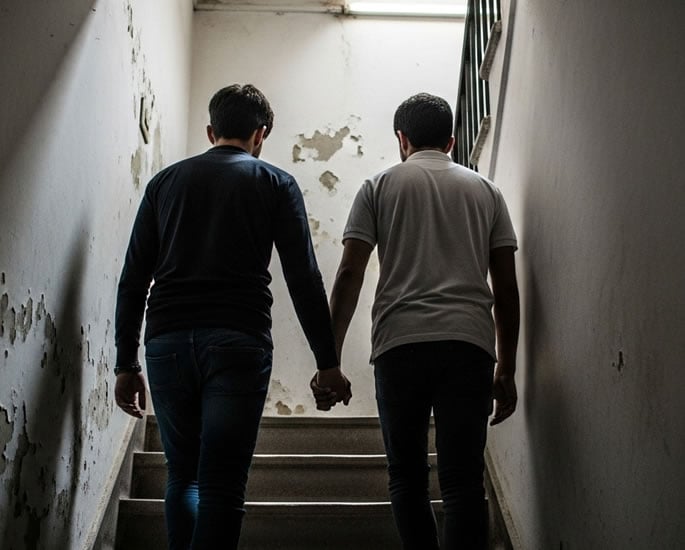
The day-to-day existence of a male prostitute in Larkana is a grind of managing clients, finances, and personal risk.
For the majority (51%), a typical day involves four to five clients, with 16% servicing more than five.
The work itself involves both anal sex, which 100% of respondents engaged in, and oral stimulation, provided by 62% of the men.
The income, while better than general labour, is not stable.
As one sex worker explains: “Our income varies from day to day, for example, we have more clients on Sunday as compared to Friday.
“Similarly, in the holy month of Ramzan and ten days of Moharam, we close our business. After all, we are Muslims.”
To cope with the demands of the job, substance use is common.
The study found that 35% of the men used marijuana, 30% used alcohol, and 19% used both.
These substances are often used to manage the psychological toll of the work, with most respondents using them during or before sexual encounters.
This self-medication is part of a wider landscape of risk, most notably concerning sexual health.
Awareness of sexually transmitted diseases (STDs) is dangerously low. While 46% of the men reported using condoms, 30% did not, and 24% would only use them if a client insisted.
One respondent’s testimony reveals they did not know about STDs. After a seminar on the matter, they insisted on condom use when with clients.
He adds: “Sometimes, my clients refuse to have sex with a condom.”
If that’s the case, he turns them away because as long as he is healthy, he can “continue my profession”.
Society, The Law and The Future
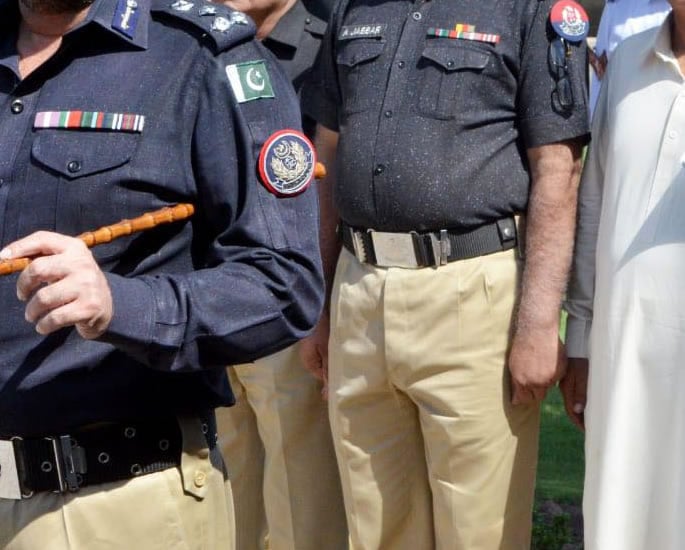
Prostitution is illegal in Pakistan, yet the trade in Larkana appears to operate with a surprising degree of impunity.
An overwhelming 81% of the men interviewed said they had no fear of the police.
This is not due to a lack of law enforcement, but rather its co-option into the system. The arrangement is transactional, built on bribes that allow the business to continue with minimal interference.
One man bluntly described the situation:
“I have no fear of the police. Money is power and I can purchase anything through this power.
“In Karachi, sometimes the police tease us but after our special service (sexual relation), they release us. But here, the situation is different. Here we have fixed money for police staff.
“Therefore, they don’t tease us. But sometimes they call us for special service.”
This system of “fixed money” creates a protected, albeit precarious, space for the trade to function.
Looking to the future, the men are divided and uncertain.
The study found that 46% intended to continue their profession, seeing no other viable alternative.
In contrast, 30% expressed a desire to change their current profession, while 24% remained undecided.
For many, the prospect of leaving sex work is a distant dream, overshadowed by the immediate and relentless pressure of survival.
The research into male prostitution in Larkana provides a vital, uncomfortable glimpse into a reality many would prefer to ignore.
It reveals a world populated not by deviants, but by survivors, young men pushed into a dangerous trade by poverty, a lack of education, and deep-seated personal trauma.
They navigate a complex world of risk, from disease and substance abuse to systemic corruption, all while trying to earn a living.
The study does not offer simple answers, but it powerfully illuminates the “unrevealed truth” of why such a trade exists and persists, forcing a confrontation with the societal failures that allow it to flourish in the shadows.



